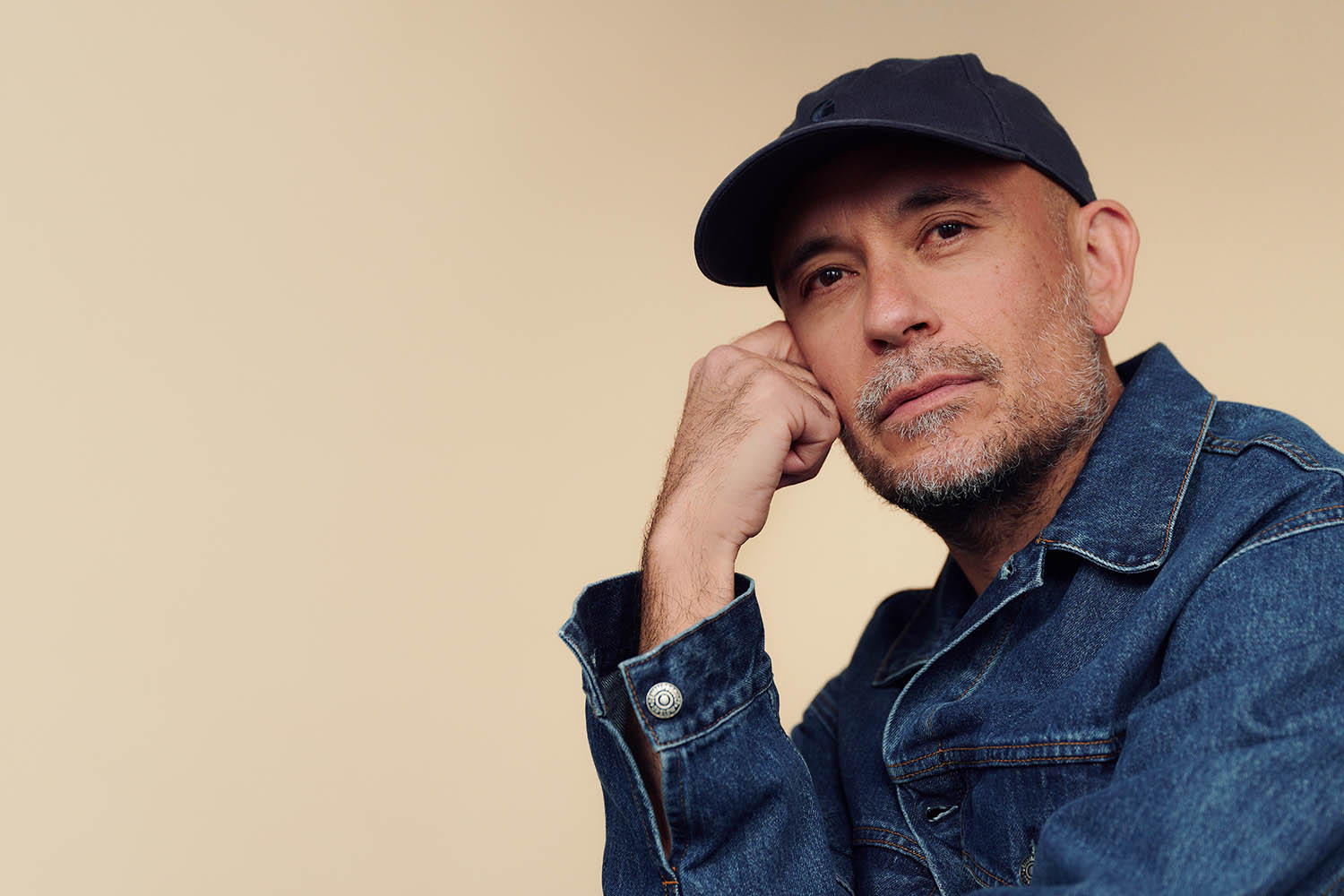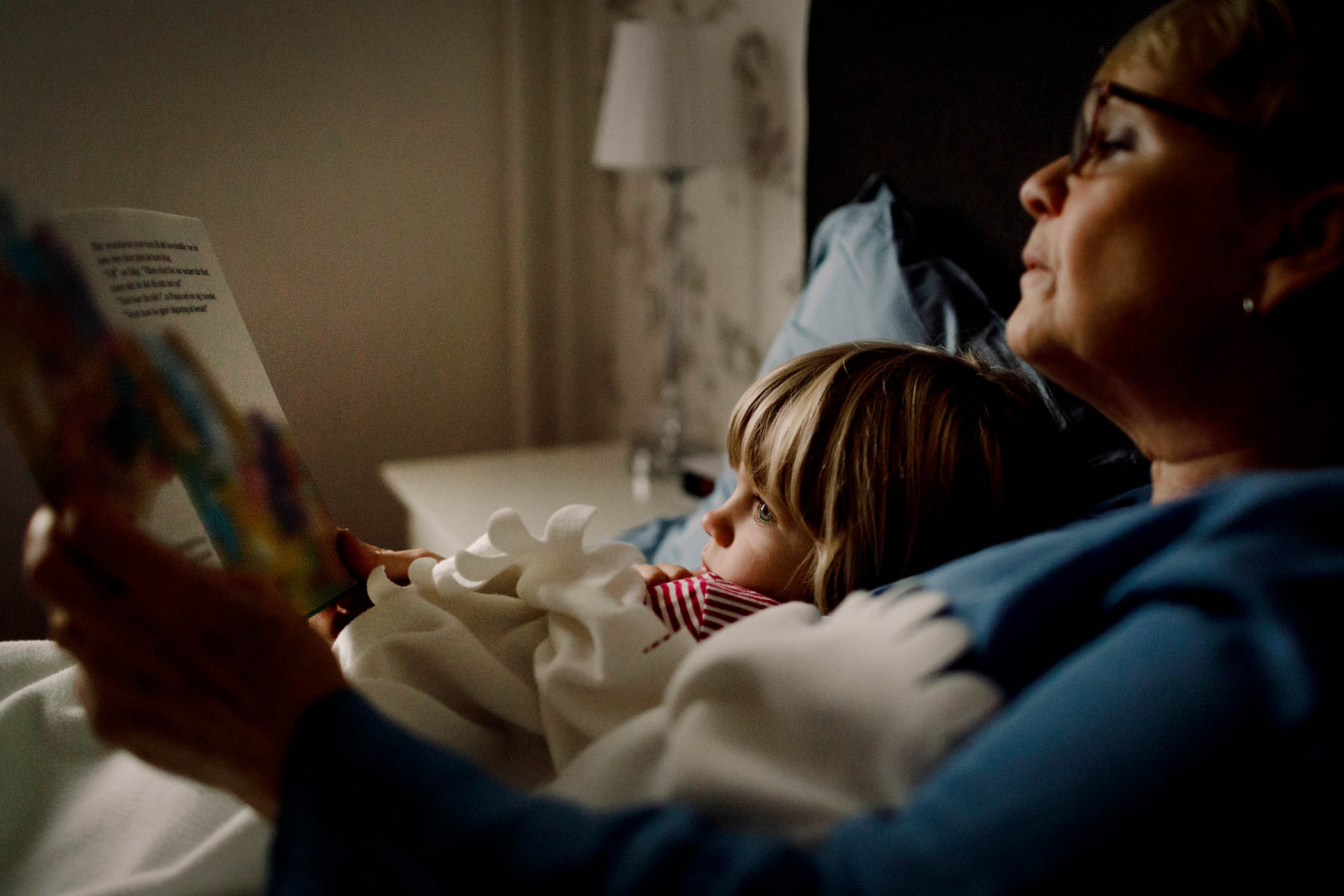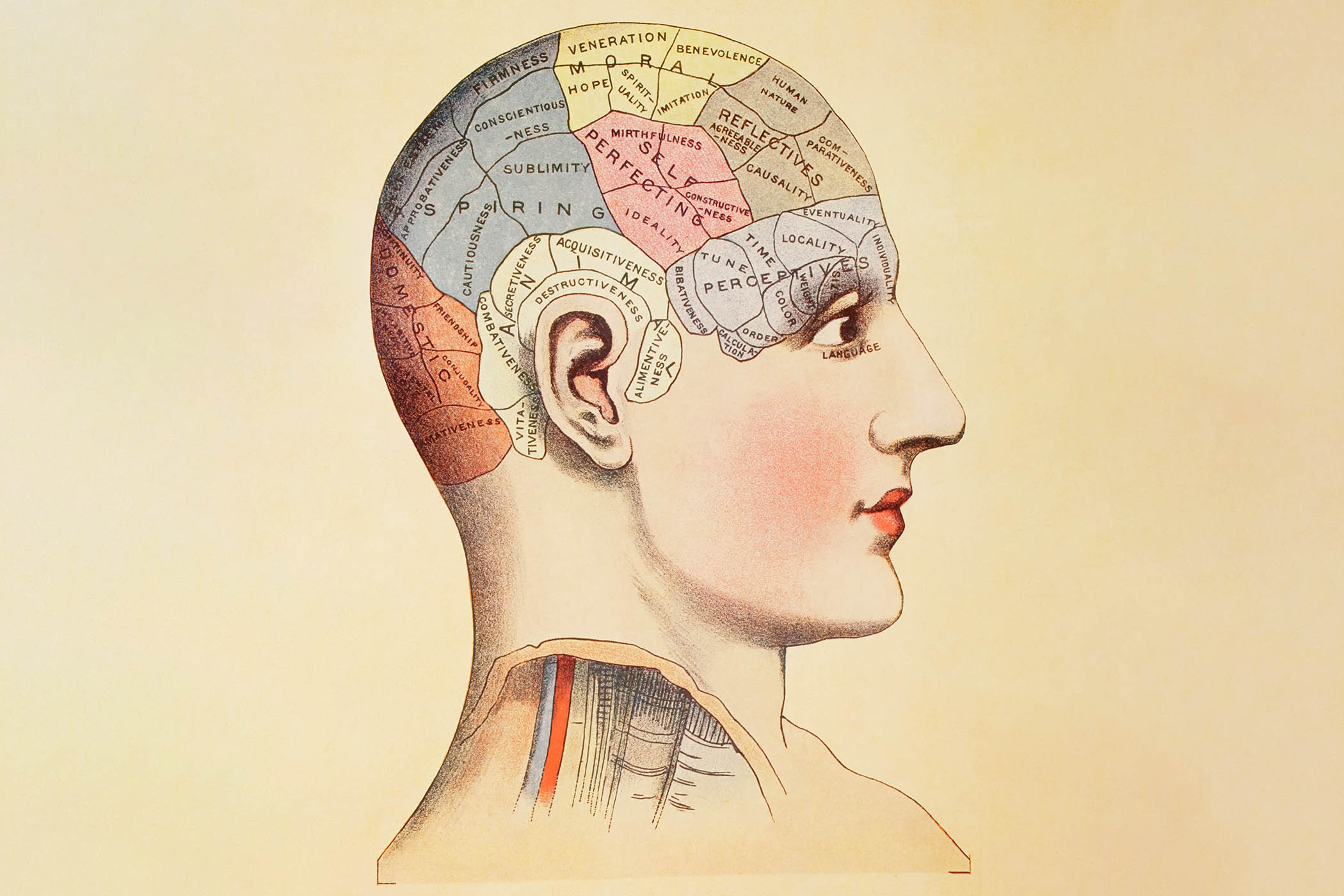Photograph by Damon De Backer
He never proposed marriage, but suggested adopting a cat. This was probably the second biggest way my boyfriend ever told me that he loves me. The first was in making clear he would not board his flight from California back to the UK. His suitcase on my bedroom floor, packed but never zipped, signalled he would overstay his allotted time to make a life with me.
We were exhilarated by the recklessness of the decision. We’d been long-distance since meeting at a nightclub in London in 1996; by the time that plane took off without him, it was three months shy of the new millennium. This was a time before same-sex marriage and the attendant immigration eligibility. We fretted about options until, as if passively, surrendering to the unauthorised version of our dream for a life together.
When, around a year into his undocumented period in San Francisco, he suggested adopting a cat, it was a way of renewing his vow. I’m not sure to what extent this has to do with his being British, or an artist, but he tends to reveal thoughts not through confessional declarations but gentle little actions. Like bringing home Clementine, a tortoiseshell rescue with a clipped ear, half-consciously adding another justification to remain. Each move we made could be seen as an act of avoidance. Scavenging furniture and arranging found objects as if our home were a collage, we grew into a domestic life like kids playing house. We lit candles and poured out glasses from the not-quite-cheapest bottle of red. We were good hosts, though one of us was an unwanted guest.
He was 20 when we met, I was 21. Romance was all in the running away – from the others on the dance floor; from the big bad world through letters and mixtapes; from the responsibility of building a career in order to spend weeks at a time in each other’s nation. After he stayed on in San Francisco, we found ourselves laying down roots along a fault line, in that we were on earthquake terrain, but also in that we were vulnerable to the contentious debates around both same-sex marriage and unauthorised immigration.
Not long after Clementine, we took on Isabel, a blithe black kitten. The cats barely tolerated each other, but as a pair they tied us down. Moreover, my boyfriend couldn’t leave the country for fear of being barred from re-entry and banned for a decade. Eventually, his mother was going through chemotherapy back in England and he was forced to choose not to visit. Our togetherness was keeping him apart from his family.
At times we could almost forget our circumstances, but we were regularly jumpy, looking over our shoulders‘
At times we could almost forget our circumstances, but we were regularly jumpy, looking over our shoulders‘
Then he suggested getting a tent. Initially, I’d thought of myself as his guide to California. But he was always the adventurous one. He was slight of form and bashful, but in the bedroom he let his eyes roll back, he wailed, he snouted around in my underpants, and pushed his tongue into my grooves as if the sweat was his nourishment. Then, in the sticky afterglow, our pillow talk was filled with his mumbled tales of past adventure. How he grew up in South Africa, paddling in the Indian Ocean. How he camped by himself as a young teen, finding his way along the English coastline with an Ordnance Survey map.
Now, outside the law but happily ensconced in the Wild West, he was ready to become an explorer again. Through enchanted forests. Into the sprawling desert. I’d drive, but his finger was on the map telling me where to go, which was, of course, down some godforsaken “scenic” track. Once we were out in the wilds, this boy so devoted to being close to me would bound away, climbing to perilous heights and gleefully taunting me through the distance between us.
At times we could almost forget our circumstances, but we were regularly jumpy, looking over our shoulders. Though he was moving into his mid-20s, he still looked like a schoolboy, a scruffy Christopher Robin. We slept deeply, our sweat as indistinguishable as the thrift-store clothes heaped on the floor, but awoke in the wee hours convinced the sound of an approaching vehicle or footsteps was an imminent raid. Any love is attended by the threat of loss, and accepting that is a melancholy but genuine form of learning to love deeper. Our precarious circumstances reminded us of apartness and drove us into one another like the David Hockney painting of the Walt Whitman line: “We two boys together clinging.”
Terrifyingly, though it was highly unlikely officers would show up at our door back then, my account of our fears now reads like the playbook to current-day immigration crackdowns. Based on a recent executive order, sanctuary cities like San Francisco are coming under attack by the Trump administration. “I think this is the central question of philosophy today: What does it mean to live in a particular place?” Paul B Preciado has suggested. “Under what conditions is someone allowed to live in a particular place?”
Newsletters
Choose the newsletters you want to receive
View more
For information about how The Observer protects your data, read our Privacy Policy
In December 2005, the US House of Representatives passed a bill that would criminalise unlawful immigration (though it later failed in the Senate). That same month, the UK began registering same-sex couples in civil partnerships. Immigration eligibility for a foreign partner was akin to that of a spouse, creating a clear pathway for us. In the summer of 2007, we migrated together to a wet but hopeful England, where our partnership was decreed civil. Then, a couple years after the legalisation of same-sex marriage in 2014, we did some paperwork to convert our civil partnership to a marriage.
Our conversion was marked by little ceremony. The marriage certificate replaced rather than supplemented the civil partnership, so that on that day in 2016, we sauntered out of the registry office on Peckham Road officially husbands since 2007.
We left the borders of our own home as open as they could be
We left the borders of our own home as open as they could be
Around that time, my boyfriend – correction: husband – was reading JM Barrie’s Peter Pan to me at bedtime. There’s a surprising amount of attention paid to the parents trying to figure out how they can possibly afford to keep their children. Which, of course, contrasts with the kids who irresponsibly fly away to Neverland. In a sense, the lack of immigration pathways kept us childlike. In those years, we didn’t make reasonable plans so much as jump into the sky, as if the safety nets that the law had deprived us also instilled the innocence required to fly. We were underground, but over the moon.
Through those outlaw years, friends gave us a sense of belonging through their generosity and sarcasm. We welcomed them into a string of rented apartments to gulp the wine and gossip. We piled on to a musty, collapsing sofa to watch movies on a bulky television. Wednesday was Knit Night. Our place was a refuge – harbouring not only my adorable scofflaw but other queer company. We established a domesticity not just despite, but grounded in our less-than-ideal circumstances. Maybe our own plight enabled us to be more sensitive to other people’s vulnerabilities. The subterfuge was integral to the atmosphere, like finding shelter with another player in a game of hide-and-seek.
While in some ways we were closed off from the world, we left the borders of our own home as open as they could reasonably be. People seemed to trust two boys who cared for two cats more than any lawmaker who had no qualms about separating us. Ours is a messy story, perhaps politically inconvenient, but it feels worth telling for that very reason. Civil rights are not something to be handed out as a reward for good behaviour. I have to believe there is some future justice percolating in the disobedience.
Deep House: The Gayest Love Story Ever Told by Jeremy Atherton Lin is published by Allen Lane on 5 June, £25


